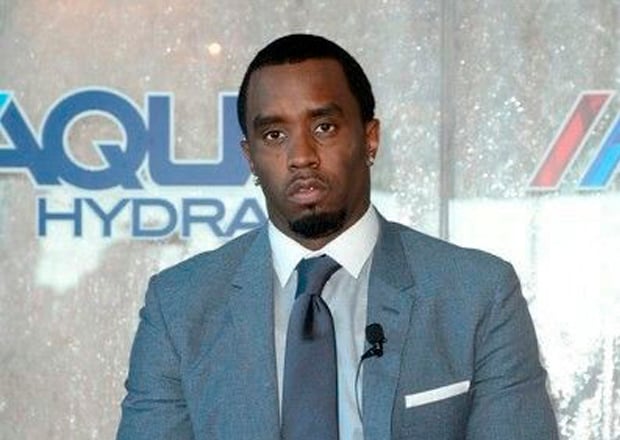Sean “Diddy” Combs, the prominent hip-hop mogul, is facing an impending federal trial on charges of sex trafficking and racketeering, a legal battle that delves into the darker underbelly of the entertainment industry. U.S. District Judge Arun Subramanian has firmly denied Combs’ request for a two-month postponement of the trial, setting the stage for jury selection to commence on May 5th and opening statements on May 12th. This decision marks a significant setback for Combs’ legal team, who had argued that the recent filing of a superseding indictment on April 4th necessitated additional time to adequately review the evidence. The judge, however, dismissed this plea as an improper “fishing expedition,” asserting that Combs, represented by a formidable team of at least four attorneys, has had sufficient time to prepare for the legal proceedings.
The upcoming trial centers around accusations of a systematic pattern of exploitation orchestrated by Combs over two decades. Prosecutors allege that Combs leveraged his considerable fame and influence within the music industry to manipulate and abuse women, employing a range of coercive tactics. These tactics, as described by the prosecution, encompass a spectrum of abusive behaviors, including blackmail, physical violence, and the orchestration of degrading encounters involving sex workers, often referred to as “freak offs.” The charges paint a disturbing picture of a power dynamic where Combs allegedly used his position to control and exploit vulnerable individuals within his orbit. This legal confrontation represents a significant challenge to Combs’ public image and legacy, potentially exposing the darker side of the entertainment world and the abuse of power it can foster.
Judge Subramanian’s refusal to grant a postponement underscores the seriousness of the allegations and the court’s commitment to a timely resolution of the case. The judge’s characterization of the defense’s request as a “fishing expedition” suggests skepticism towards their claims of needing more time and implies a belief that the defense is attempting to delay proceedings unnecessarily. This firm stance sets the tone for a potentially contentious trial, where the prosecution will aim to prove the existence of a calculated pattern of exploitation, while the defense will undoubtedly strive to discredit the accusations and portray them as either fabricated or misrepresented.
Further solidifying the court’s commitment to proceeding with the trial, Judge Subramanian also ruled that government witnesses will be permitted to testify under pseudonyms. This measure is designed to protect the identities and ensure the safety of individuals who are coming forward to testify against a high-profile figure like Combs. The use of pseudonyms acknowledges the potential risks and pressures witnesses may face, underscoring the sensitive nature of the allegations and the court’s recognition of the potential for intimidation or retaliation. This decision is crucial for encouraging witness cooperation and ensuring a fair and unbiased trial process.
Adding to the complexities of the case, Judge Subramanian also declined to dismiss any of the charges presented in the indictment. This rejection of the defense’s attempts to narrow the scope of the charges signifies that Combs will face the full weight of the accusations against him. The judge’s decision reinforces the strength of the prosecution’s case and suggests that there is sufficient evidence to warrant a trial on all counts. This ruling sets the stage for a comprehensive legal battle where each charge will be scrutinized, and the defense will need to address each allegation individually.
Combs, 55, currently held without bail at the Metropolitan Detention Center in Brooklyn since his arrest in September 2024, has vehemently pleaded not guilty to all five counts, including racketeering and sex trafficking. His detention without bail underscores the gravity of the charges and the perceived risk of flight. While he awaits trial, the unfolding legal proceedings will undoubtedly cast a long shadow over his career and public image. The trial itself promises to be a highly publicized event, attracting significant media attention and public scrutiny, delving into the complex dynamics of power, exploitation, and accountability within the entertainment industry.














